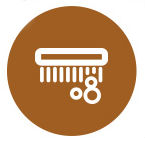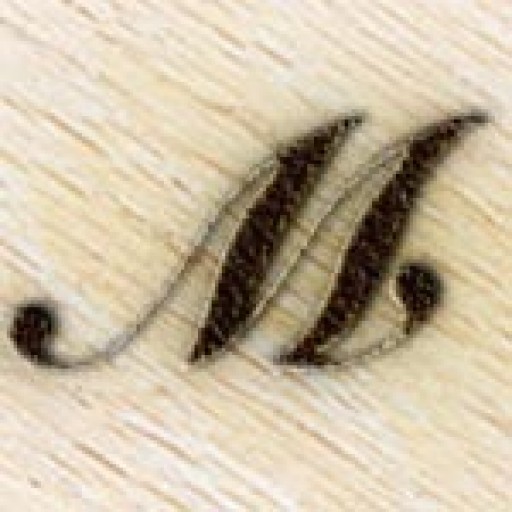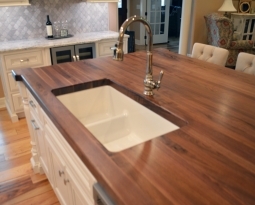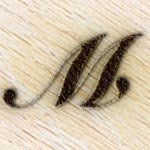According to a study conducted by the Food Research Institute at University of Wisconsin (1993), wooden cutting boards have been shown to be safer than plastic ones when it comes to harboring microbes such as E-Coli, listeria and salmonella. They’re also easier on your knives; marble or plastic cutting surfaces, for instance, can dull edges rapidly.
See below for our full guide on butcher block maintenance and how to care for your butcher block counter tops, kitchen islands and gathering tables, cutting boards, and chopping blocks.
BUTCHER BLOCK MAINTENANCE: THE BASICS
A good food-grade oil finish and/or beeswax conditioner is the best way to protect your wood cutting boards or chopping blocks from both too much moisture and too little moisture, both of which can be damaging. Never use vegetable or olive oils. These may make the board sticky, and these heavier cooking oils may turn rancid. Rancid oil isn’t dangerous, but it can impart a nasty flavor to your food.
Your butcher block cutting board or chopping block will ship from our warehouse pre-oiled, but a few simple steps will help keep your wooden cutting board useful and attractive for a long time:

RE-OIL AS NEEDED. At least once per month or more often if your board starts to look dull in places, clean and dry the board and apply a thin coat of oil to the entire board, applying extra over any dull or worn areas, and wiping off any excess. A well-oiled board is easier to keep clean and is much less likely to soak up odors or liquids or to dry out and crack.

SHARPEN YOUR KNIVES. You will apply less cutting pressure and your cutting board will suffer fewer grooves. Avoid sawing when your knife is in contact with the board, and save the cleaver heroics for a chopping block. Also, varying where you cut on the board will avoid the possibility of eventually cutting a groove in it.

KEEP IT DRY. When cutting wet food, remove the food promptly when you’re finished, and dry the board so the moisture won’t have enough time to soak in, which could make the wood swell.

CLEAN WHEN FINISHED. Never put your cutting board in the dishwasher or let it soak in water! Rinse the board under running water using a stiff (but not metal) brush to loosen any food stuck to the board. Immediately dry the board with a towel. You can use hot water and a little mild dishwashing soap to remove oily residues.

HAVE VINEGAR HANDY. Wooden cutting boards have been shown to be naturally resistant to bacteria, but if you want extra protection, keep a spray bottle of vinegar on hand. Lightly mist the cleaned board and allow it to sit for 10 minutes. Then wipe off any remaining moisture with a dry towel.
With the proper butcher block maintenance you can protect your cutting board, chopping block, and counter tops from damage.
To order butcher block oil or conditioner call us today at 800-565-0977






